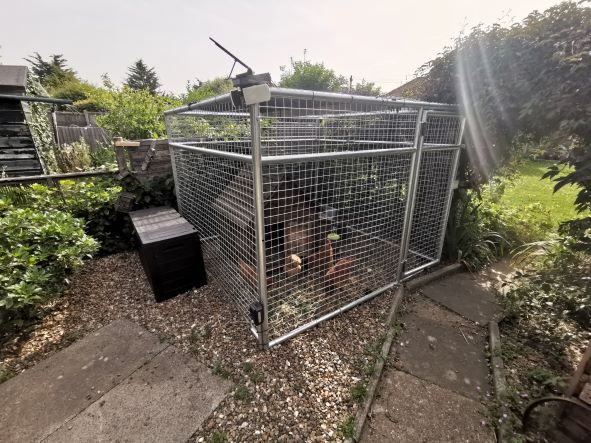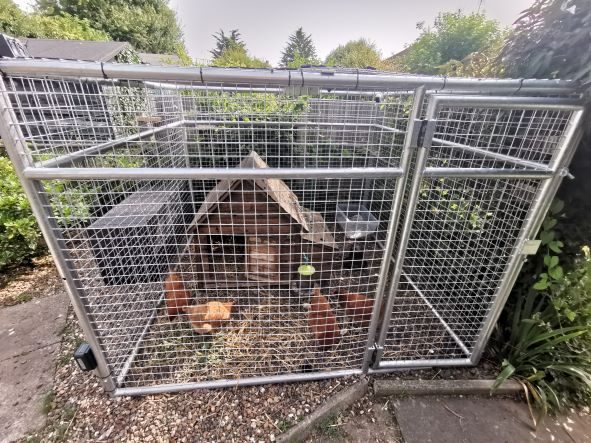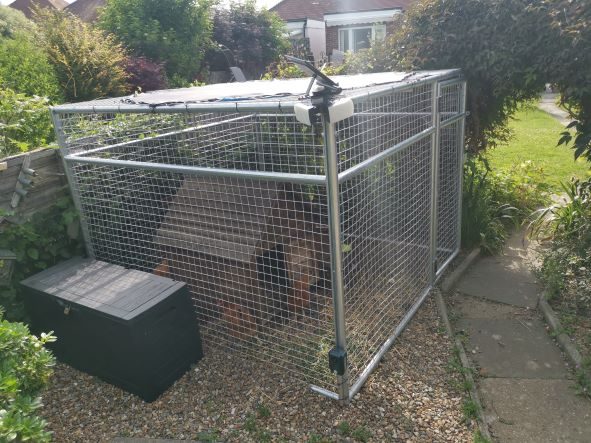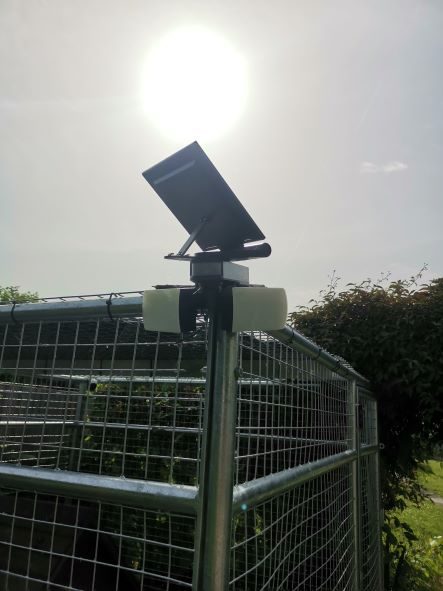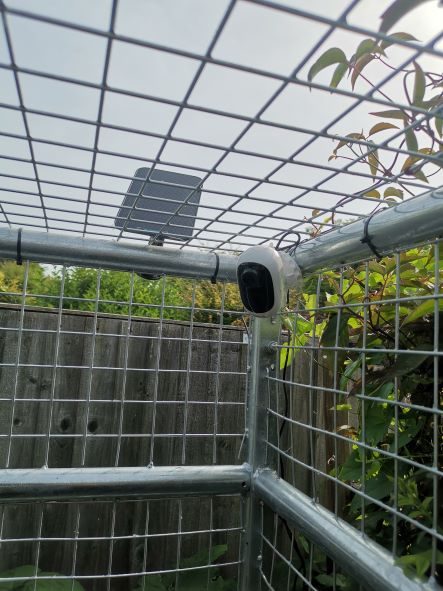ULEZ Contradiction
I have friends that work a fair bit in London and have to pay the ULEZ (Ultra Low Emission Zone) charge, it currently sits at £12.50 a day. The reason for the charge is stated as follows;
“Toxic air pollution is the biggest environmental risk to Londoners’ health, and traffic emissions are the biggest source of toxic air in London.
Toxic air pollution increases your risk of heart and lung disease, worsens chronic illnesses such as asthma, and puts children’s health at risk. It’s not just a central London problem. Many areas across the city are exceeding the legal limits for pollution.
How the ULEZ helps air pollution
The aim of the expanded ULEZ is to help reduce harmful nitrogen dioxide by around 30% across London.
Many of those who travel in the expanded ULEZ have already taken action to clean up their vehicles and help clean up London’s air. More than 80% of vehicles are now compliant, which is up from 39% in February 2017 when plans for the larger area were first announced.”
This sounds like a great idea, and definitely seems to be bringing some benefit, and a shit ton of money in for Transport for London (TFL).
What I don’t understand is that many of the boroughs that my friends work in have onerous parking restrictions. In some, the maximum stay is four hours, and in others only two hours. At the end of the period, you are not allowed to renew the parking in the same bay, therefore you have to physically move the vehicle to another bay and pay again. Often there are no bays nearby and this means driving around in circles to find another space before parking up, paying and starting the cycle again.
Am I missing something? Doesn’t this mean that a load more carbon dioxide and nitrogen oxides are being unnecessarily emitted? Surely it would make more sense to allow a straight eight hours parking in the same bay, this would mean that people working at addresses within the ULEZ would be able to concentrate on doing their job rather than shifting their vehicles and creating a load more pollution? Also, the additional benefit would be that the customers would end up paying less because the trades would not be clock watching for their parking and spending a chunk of time every couple of hours driving around the block.

